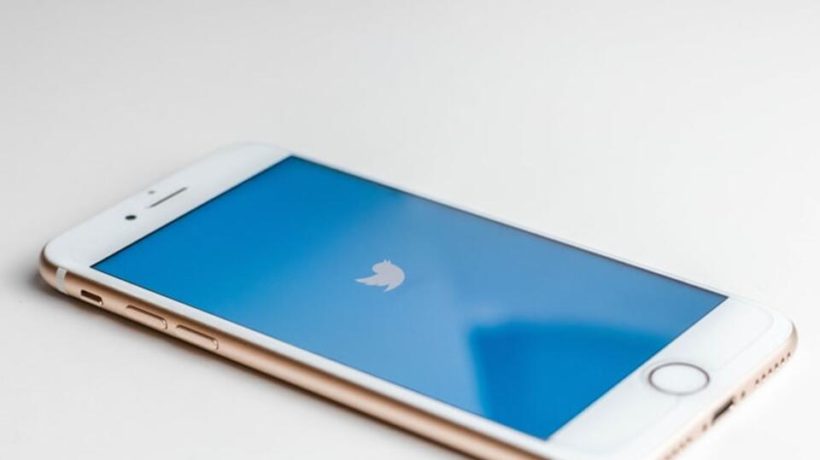A single tweet by Nigerian president Muhammadu Buhari, has sparked a war between the country and the social media giant.
“MANY of those misbehaving today are too young to be aware of the destruction and loss of lives that occurred during the Nigerian Civil War. Those of us in the fields for 30 months, who went through the war, will treat them in the language they understand.”
Nigerian President Muhammadu Buhari’s tweet, started a war between the country and the social media giant.
A Twitter spokesperson said it violated Twitter rules. The tweet referred to the 1967 to 1970 Nigerian Civil War.
Nigeria said on Friday it had indefinitely suspended Twitter’s activities, two days after the social media giant removed a post from President Muhammadu Buhari that threatened to punish regional secessionists. Lucy Fielder reports.
There’s more to the issue than just tweeting. Nigeria is known to be harsh on telecommunications companies, as seen in its treatment of MTN.
The Foundation for Investigative Journalism (FIJ) said there were signs that Nigeria wanted to establish a Nigerian internet, similar to the one in China, which it would control.
Banning the social media giant, Twitter, was followed by enabling a competitor platform from India, Koo. The Nigerian government’s decision to join Koo after banning Twitter reinforces its position as an alternative platform to Twitter. In India, the progress of Koo came against backdrop of the government’s disagreements with Twitter.
The FIJ said Nigeria was exploring the internet firewall. It would allow for a separate network for the Nigerian internet that would give the government control over social media platforms.
Social media users in Nigeria expressed their shock and outrage after the government announced the indefinite suspension of the tech giant’s operations in the country. Many in Nigeria see it as an attempt by the government to limit freedom of speech.
However, the outcome of the ban may be partly positive for the local tech ecosystem. It may lead to Nigerian and other African tech companies developing African social media platforms. Although such bans may be negative for international trade, they do create an opportunity for local tech companies to develop local tech solutions. The downside is that even those companies may be subjected to similar harsh treatment.
_______________________________________________________________







